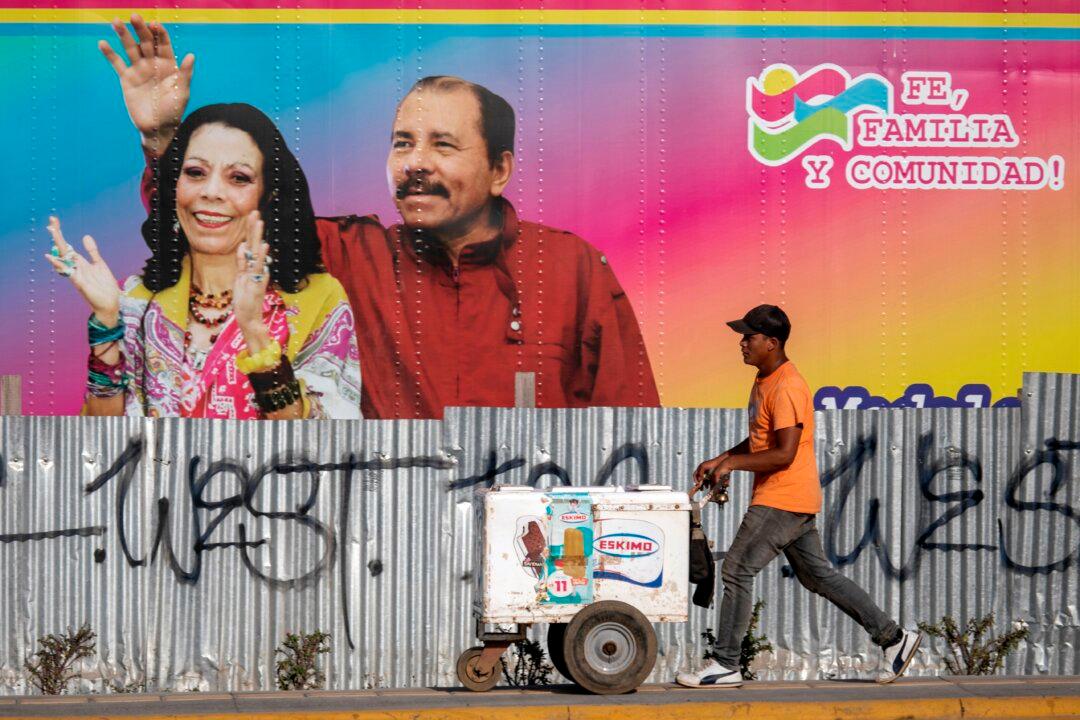Nicaragua’s National Assembly on Dec. 21 passed a law to prevent people whom the government believes financed attempts to oust President Daniel Ortega, or encouraged sanctions against his officials, from standing in 2021 general elections.
The Law in Defense of the Rights of the People to Independence, Sovereignty, and Self-Determination for Peace was backed by 70 votes from Ortega’s ruling Sandinistas in the 92-member assembly.





